July Fourth is a fun, patriotic celebration, but loud fireworks and crowded, food-laden gatherings can stress out your pet and put them at risk for injury or escape. Our Burlington Veterinary Center team doesn’t want your holiday interrupted by a pet mishap, and we provide July Fourth safety tips to help safeguard your four-legged friend.
1: Microchip your pet
Many pets are frightened by the loud, unfamiliar noises made by fireworks and excited partygoers, and July 5 is one of the busiest days for animal shelters as they corral scared, escaped pets. Microchipping your pet greatly increases your chances of a happy reunion if they go missing, and our team can perform the easy, relatively painless procedure at your pet’s next wellness visit. Once your pet is microchipped, you only have to keep your contact information updated in the microchip registry. In addition to their microchip, your pet should also always wear a collar and tags displaying your current contact information.
2: Create a quiet pet-friendly area
Pets can be overwhelmed by unfamiliar sounds and crowded festivities. Set up a quiet, comfortable space where your pet can retreat from the noise and commotion. You can use a spare bedroom, a cozy closet with their bed, or a familiar crate covered by blankets. Ensure your four-legged friend has all the resources they need, such as water, toys, and treats, to feel safe and secure. You can leave music playing to mask party noises and provide a food-puzzle toy to distract your pet from the festive shenanigans. If your pet is prone to stress, consider confining them to this pet-safe area during the party.
3: Refrain from feeding your pet party food
Dishes commonly served at July Fourth celebrations are typically high in flavor but also in fat, and high-fat foods can cause gastrointestinal (GI) upset in pets and potentially trigger a life-threatening condition called pancreatitis. In addition, many common human foods, such as alcohol, chocolate, grapes, and onions, are toxic to pets. Tips to protect your four-legged friend from July Fourth food perils include:
- Feed your pet before the party so they aren’t too hungry.
- Let your guests know that party food is off-limits for your pet.
- Provide pet-friendly treats so your guests can offer yummy morsels to your pet.
- Quickly remove discarded plates and cups so your pet doesn’t help clean up.
- Keep all trash in sealed containers and take the bags outside when full.
4: Monitor your pet for overheating
If your pet enjoys socializing, and they are comfortable attending the July Fourth party, watch them closely for signs that may indicate overheating. Pets, especially brachycephalic breeds such as pugs, French bulldogs, and Boston terriers, are prone to heatstroke, a serious, potentially life-threatening, condition. Signs include lethargy, excessive panting, drooling, red mucus membranes, and collapse. Tips to help protect your four-legged friend include:
- Ensure your pet has access to an air-conditioned area or a shady, well-ventilated spot.
- Offer your pet water frequently.
- If your pet shows signs indicating heat stress, take them to a cool area, offer them water, and pour lukewarm water over them to help them cool down.
If your pet experiences heatstroke (i.e., their body temperature reaches 104 degrees or higher), they need emergency veterinary care.
5: Seek veterinary help
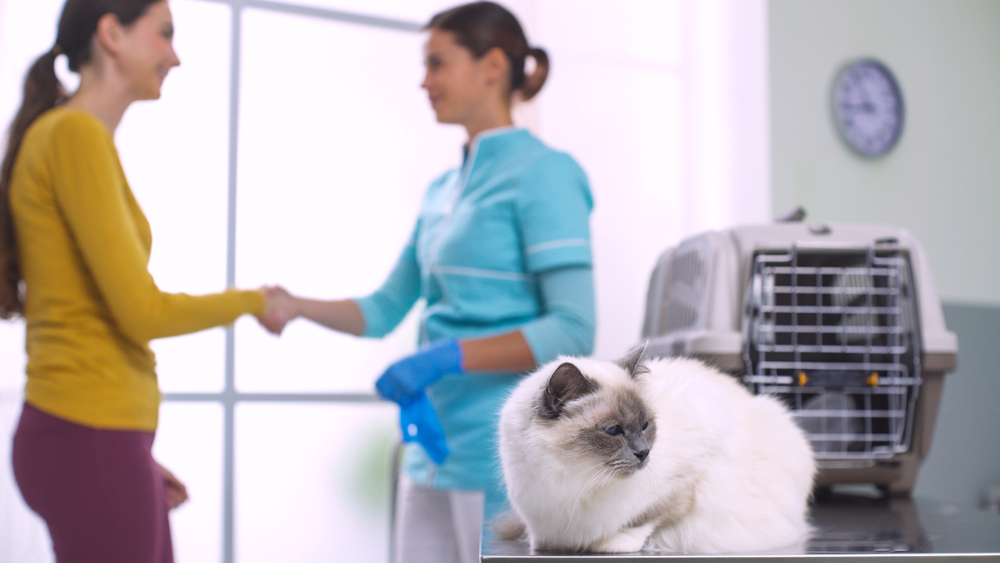
Some pets have a fireworks phobia and respond to the loud, unfamiliar noises with a panic-level reaction, such as violent shaking, excessive drooling, howling, trying to hide or escape, and losing bladder or bowel control. If your pet has a fireworks phobia, they need veterinary help to prevent the extreme stress that can lead to behavioral and health issues. Call our Burlington Veterinary Center team so we can prescribe medications or supplements to help your pet stay calm during the July Fourth celebration.
Contact our Burlington Veterinary Center team to schedule your pet’s microchip appointment or ask about anti-anxiety medications that may help your fireworks-phobic pet.


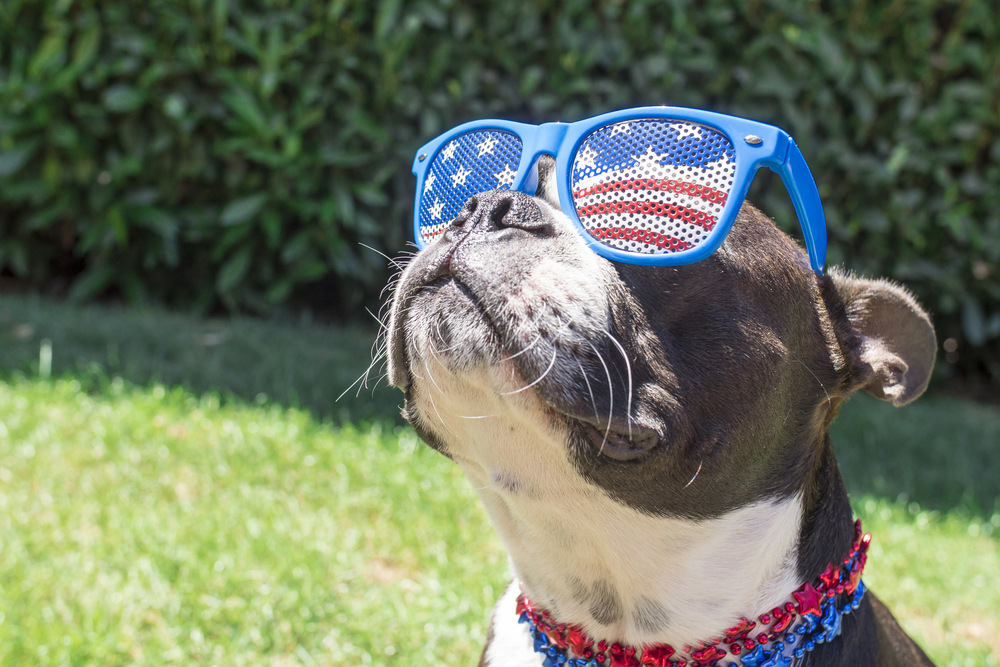
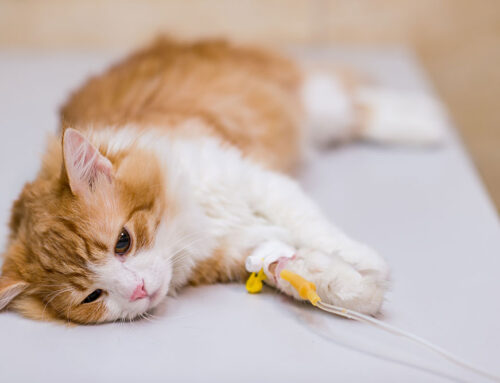
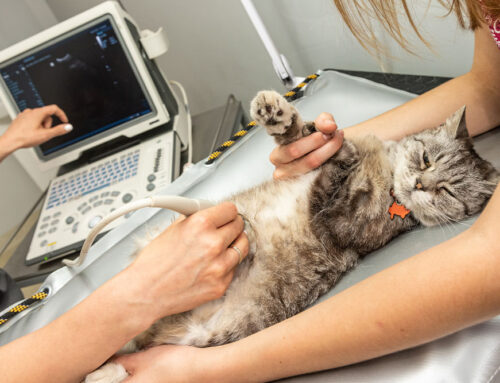

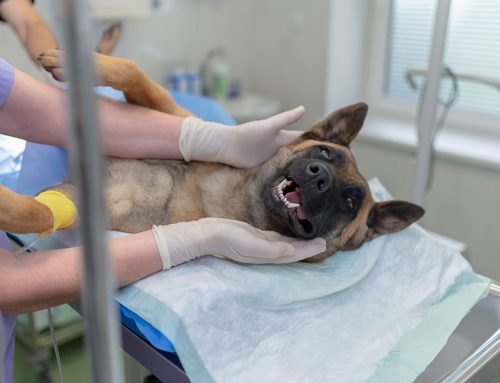
Leave A Comment